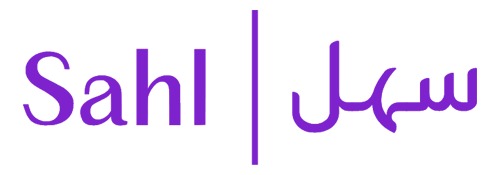Understanding the Changes in Saudi’s Data Transfer Regulations
In a significant move to bolster data protection, the Saudi Data and AI Authority (SDAIA) updated the Data Transfer Regulations on September 1, 2024. These regulations now include the introduction of Standard Contractual Clauses (SCCs), a critical element for ensuring the secure and lawful transfer of personal data outside the Kingdom.
Key Changes and Their Impact
The newly amended regulations streamline the criteria for transferring data, focusing on adequacy and appropriate safeguards. Notably, the reduction from four to three available safeguards emphasizes a more stringent approach, with “binding codes of conduct” no longer listed. This change signals a tighter grip on data transfer practices, ensuring that only the most secure methods are employed.
Article 4 of the Data Transfer Regulations introduces a notable exemption. Organizations relying on approved safeguards like SCCs, Binding Common Rules, or a Certificate of Accreditation may transfer data without adhering strictly to the data minimisation principle. This adjustment offers a practical balance between operational flexibility and data protection rigor.
Risk Assessments and Compliance
The updated regulations adjust the requirements for risk assessments, now necessary only under specific conditions such as continuous or widespread transfer of sensitive data. This refinement aims to focus efforts on higher-risk activities, thus optimizing resource allocation in compliance practices.
Read More: Saudi Arabia’s Non-Profit Sector Takes a Giant Leap in Governance Transparency
Role of Standard Contractual Clauses
The introduction of SCCs marks a pivotal development. Modeled somewhat on the EU’s framework, these clauses set a high standard for data protection in cross-border transfers. Data importers must comply with stringent conditions under the SCCs, including submission to KSA laws and enforcement of binding decisions. This requirement underscores the commitment to ensuring that data protection standards travel with the data, regardless of destination.
Future Implications and Compliance Aids
These regulatory updates by SDAIA are part of a broader effort to align Saudi Arabia’s data protection practices with international standards, fostering trust and compliance in an increasingly digital global economy. For organizations involved in cross-border data transfers, understanding and implementing these changes is crucial.
For businesses seeking to navigate these new regulations and optimize their compliance practices, Sahl offers a streamlined solution. With automated tools designed to manage compliance efficiently, Sahl ensures that organizations can adapt to regulatory changes swiftly and effectively.
Read More: Saudi Arabia’s Strengthened Privacy Laws: What You Need to Know About DPO Requirements
Embrace Compliance with Confidence
Navigating the complexities of international data transfer regulations requires robust support. Sahl’s automated compliance solutions provide the necessary tools to ensure your organization not only meets but exceeds the stringent standards set by new regulations.
To learn more about how Sahl can help your organization adapt to these new data transfer regulations and to book a compliance audit, visit our website today.




